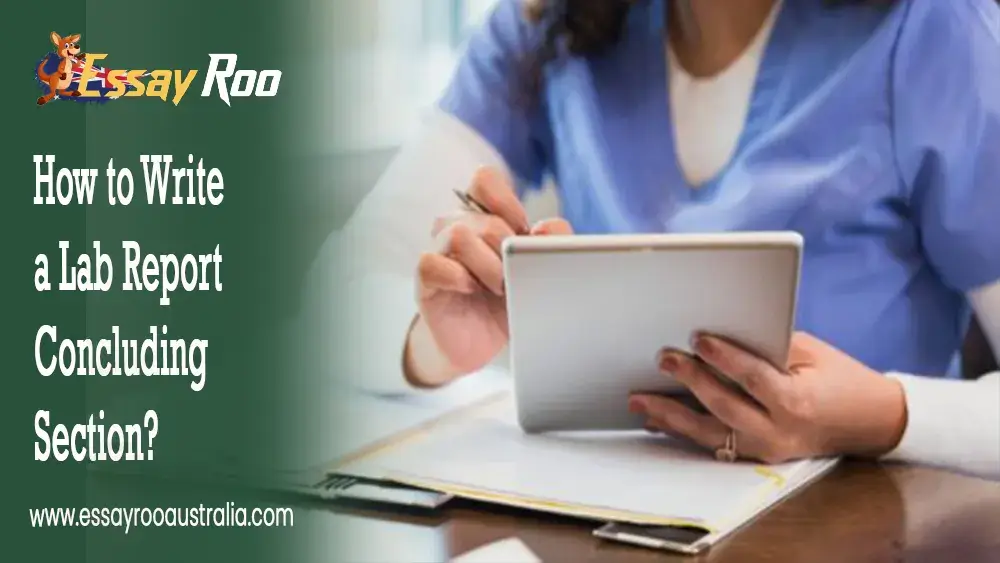Generally, the ending part of a report offers a straightforward and handy summary of the experiment. Or research that has been present in the earlier paragraphs of your writing. It should not present anything new or search for ideas that have not been stated. In contrast to many other academic writing, the ending of a lab report should be concise and to the point. Since you learn how to write an ending for a lab report, you will need to tell the readers about the key aim of the experiment. And also state to what degree the aims have been achieved.
What Should be Included in the Ending Section of a Lab Report?
The section of ending should comprise 4 key sections where you must begin with a recap of the aims which have been set by your experiment. So, the aim of your research must be listed in the two sections of your ending. A decent ending of a lab report should offer this bit of info in a handy way by telling the readers of your aims which have been set. In the next part, you should talk about methods that have been utilized and what has been obtained, thus an outcome of the research. But remember that you must keep this brief and not add anything new.
The last aspect is to classify your main findings with the results. The last element of the ending section must also create a logical mark. Or talk about limits that have been faced.
How to Write a Lab Conclusion Guide?
The usual lab report ending should have key features supporting your target audience. Then, see what aims you will need to follow and what results have been met in training. Below are a few things you must consider.
- Discuss why your concrete experiment has been performed and what aims have been created
- Talk about what methodology or tools you can use and how the info has been apparent.
- Now briefly talk about the samples that you could utilize and what results have been achieved.
- Offer a lab report examination with a short debate since you talk about your advice and norms.
- Lastly, discuss the ways in what way your results and or outcomes relate to the discipline and the general scientific community.
Lab Ending Tips
Since you are searching for info on how to write a good ending for your lab article. So, you will have to every time begin with an examination of your grading title, as there might be certain features that you must begin. Likewise, there are dozens of Professional Report Writing Services who are accessible these days. By hiring a reliable writer, you can easily create a quality lab story. And grab an A plus score. Below are some helpful tips that will help you when you look over the lab report structure rules or focus on the requirements.
1. Tone of your Scientific Research Lab Report
This is the part where things can get complex for the reason that you as well maintain the explanatory tone. Or offer a descriptive writing practice to your readers. It all depends on your course requirements, which can become a big problem to think about.
2. Keep your Notes at Hand
These are very time useful thus you must keep your voice recorders, paper notes, or records by your side once creating a lab report. However, you do not need to examine the discipline conventions to make sure that every quote or external data reference is correct.
3. Ignore Repeating your Goals Directly from the Lab Materials
If you have already something mentioned in your goals do not just copy things. But you need to paraphrase it and then use it in your own words.
4. Passive Voice Matters
The aim of the lab report writing is not writing in a 1st person mode. But you have to write in a 3rd person mode with the help of past tense. That implies that you can discuss what has been done.
Final Thought
As a result, these are the ultimate guidelines for writing an ideal ending for your lab report. You will need to read the whole article first before writing your lab story or essay. Or you will not be capable of writing and you will not grab an A plus score. Lastly, feel free to talk to your teacher if you have any issues or problems you are facing. If your teacher is busy then approach a writer.

